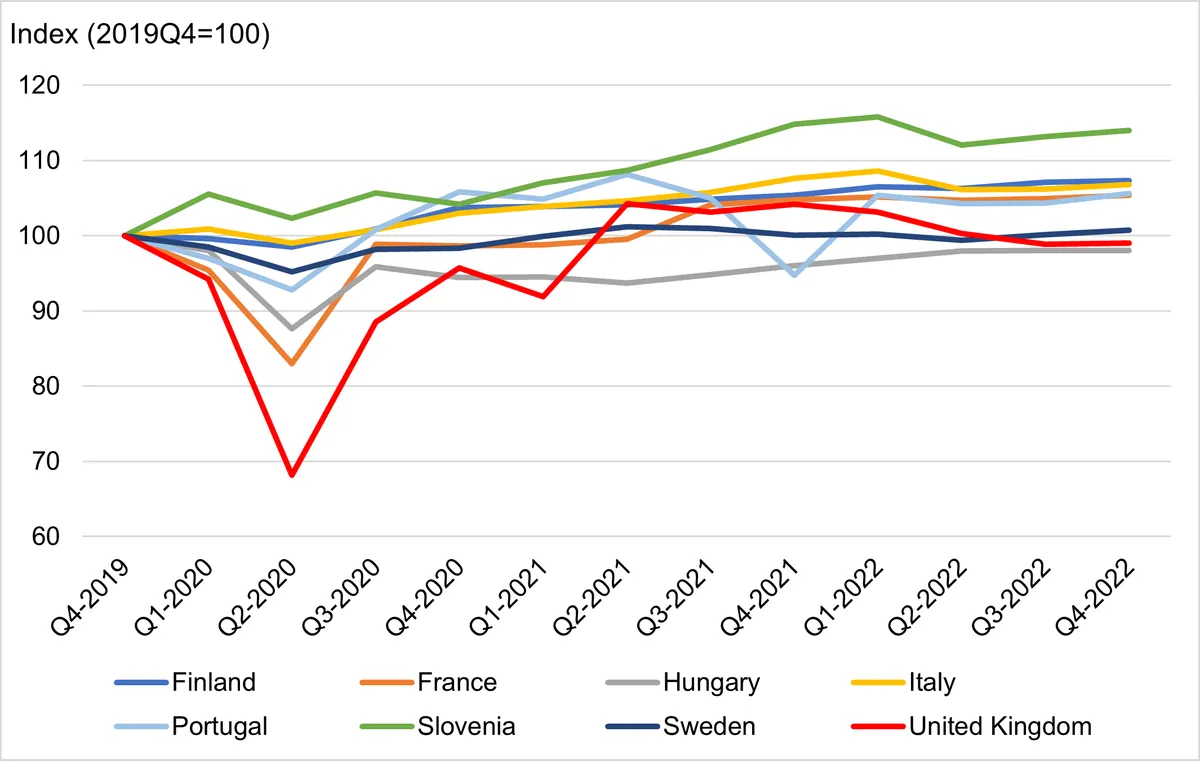The Labour Party finds itself at an economic crossroads, with potential for growth tempered by fiscal challenges. Recent developments have highlighted the delicate balance the party must strike between ambitious spending plans and economic stability.
In recent months, Chancellor Rachel Reeves approved £9 billion in public sector pay increases, including a 14% raise for train drivers over three years. While these measures aim to address wage concerns, they may have unintended consequences on inflation and interest rates.
The Bank of England, established in 1694 and responsible for maintaining price stability, closely monitors wage data when making interest rate decisions. Despite expectations of a rate cut in autumn 2024, the central bank may adopt a more cautious approach in light of these pay increases.
Labour's infrastructure plans have also come under scrutiny. The party has hinted at potentially reviving the cancelled HS2 leg from the West Midlands to Manchester, a project that has already faced significant cost overruns and delays since its proposal in 2009. Critics argue that focusing on local transport and energy infrastructure might yield more tangible results within a shorter timeframe.
Another contentious issue is the potential scrapping of the two-child benefit cap, introduced in 2017. Eliminating this policy could cost approximately £3.6 billion, adding to the party's growing list of expenditures.
To fund these initiatives, Labour has proposed several tax measures, including changes to non-domiciled tax status and VAT on school fees. However, recent estimates from HMRC suggest that some of these measures, such as aligning capital gains tax with income tax, might not generate the expected revenue due to behavioral changes among taxpayers.
Despite these challenges, the UK's economic outlook has shown signs of improvement. The Treasury's latest growth forecast of 1.1% represents a significant upward revision from earlier predictions. This positive trend offers Labour an opportunity to implement its policies, but careful consideration is required to ensure fiscal sustainability.
Sir Keir Starmer and Rachel Reeves have emphasized their commitment to fostering economic growth. However, critics argue that more concrete details are needed to substantiate this strategy. As the UK's public sector, which employs approximately 5.7 million people, awaits further policy announcements, the Labour Party faces the task of balancing its spending ambitions with fiscal prudence.
"Labour's economic strategy requires a delicate balance between addressing public sector needs and maintaining fiscal stability. The coming months will be crucial in determining whether their growth plans can withstand the pressures of increased spending and uncertain revenue projections."
As Labour navigates these economic challenges, the party must provide a clear roadmap for achieving its growth objectives while addressing concerns about fiscal responsibility. The success of their strategy will likely play a significant role in shaping the UK's economic landscape in the years to come.
